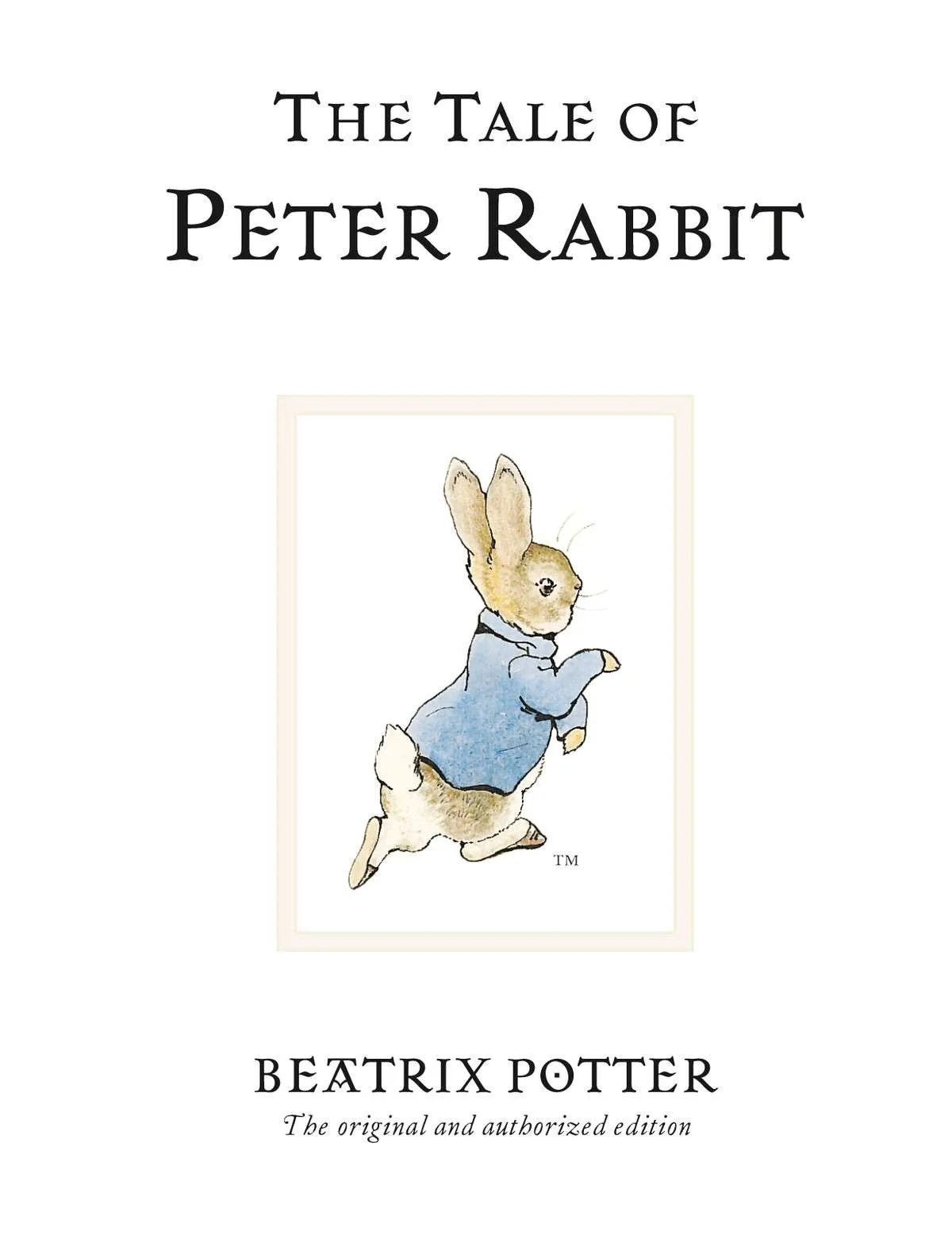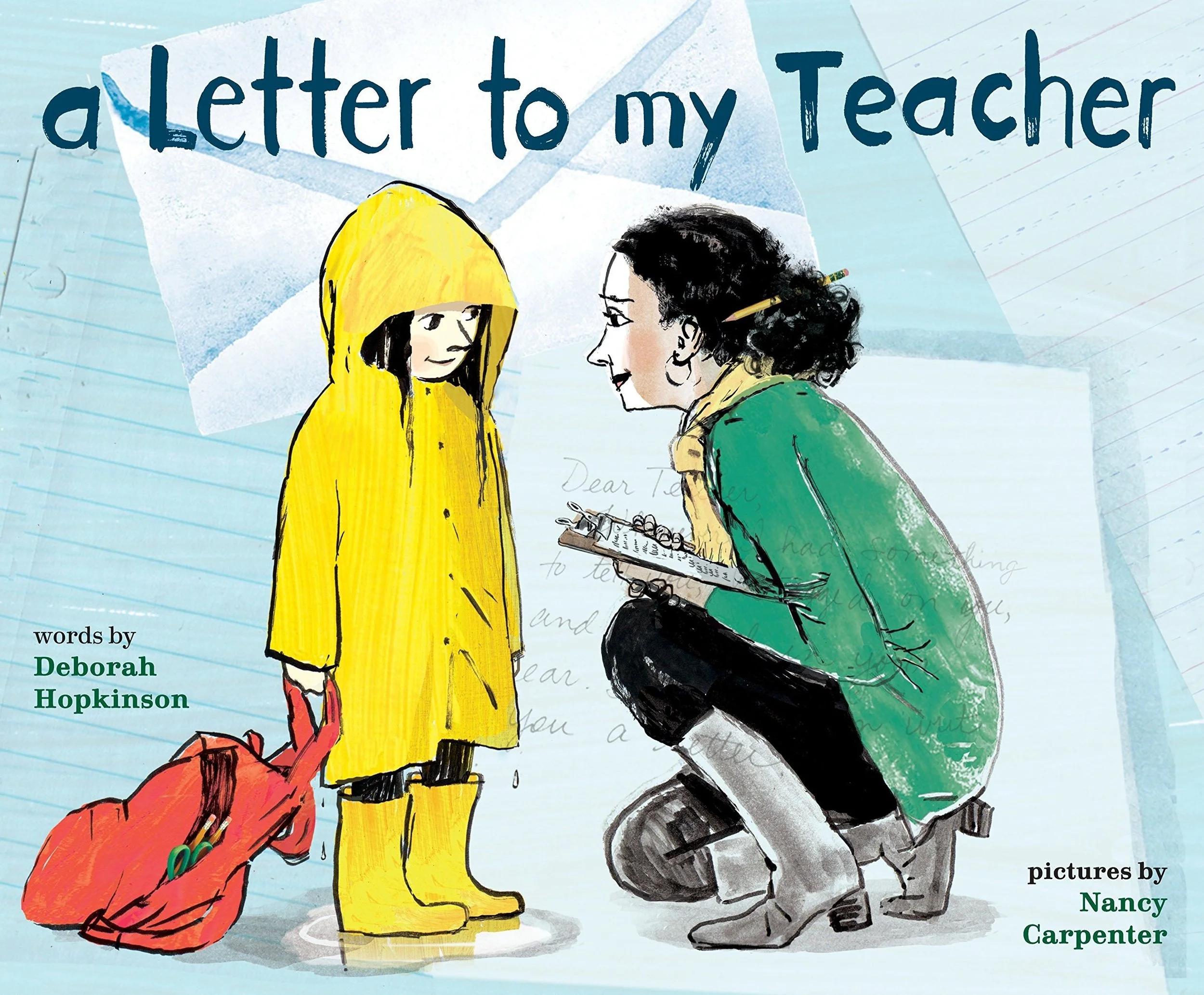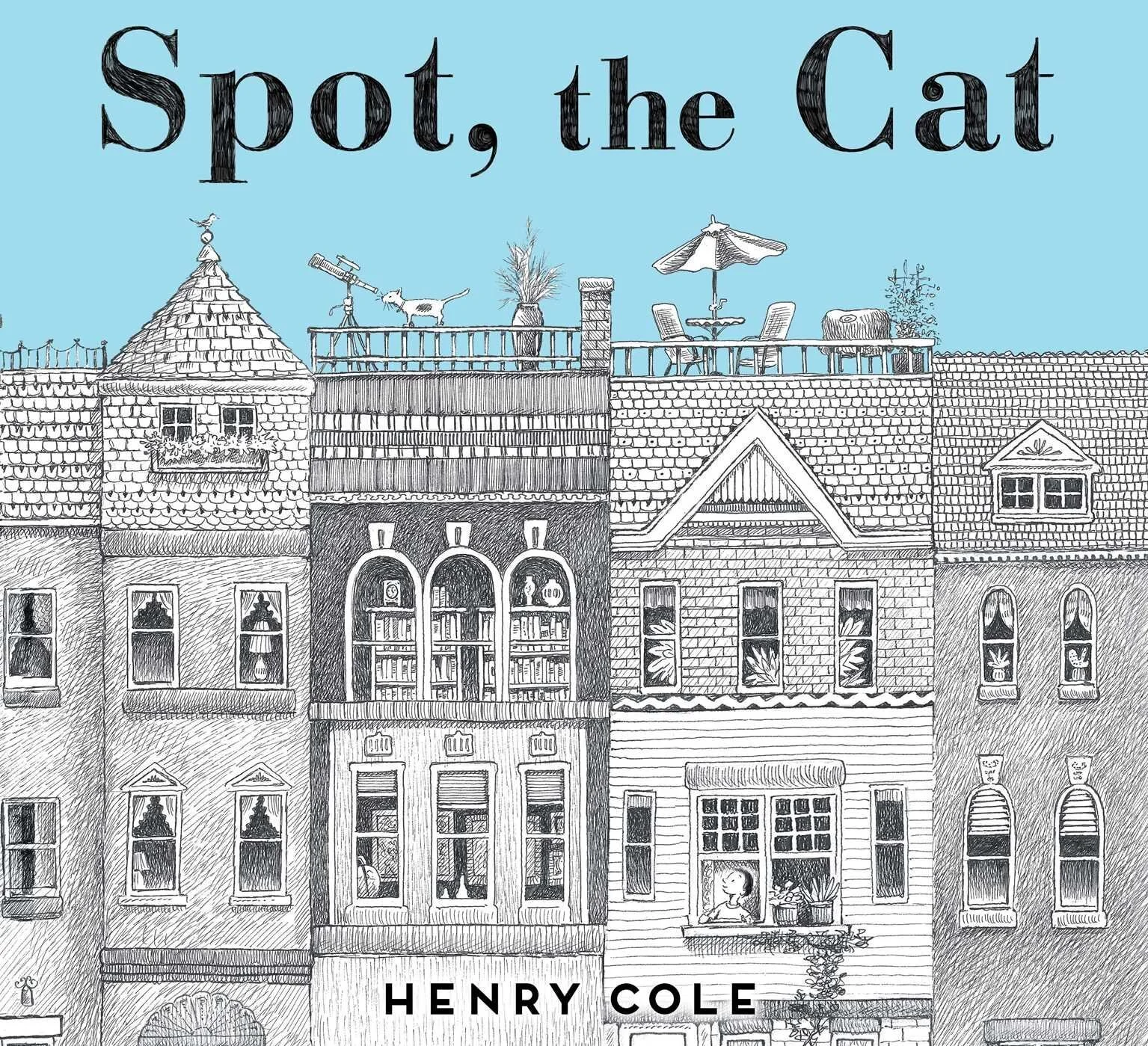Rejoice with me, for I have found my lost sheep... Rejoice with me for I have found the coin that I had lost. — Luke 15:6b;9b
Jeremiah 4:11-12; 22-28
Exodus 32:7-14
1 Timothy 1:12-17
Luke 15:1-10
Note: This week’s resource corner includes texts from both Revised Common Lectionary (RCL) tracks. Typically, we read the RCL Track 2 texts at Trinity on Sundays.
As a parent, I have often felt frustrated when my children ignore my warnings. For them, parental caution, flowing from our hard-won wisdom, is almost like a dare. “What could go wrong?” they ask themselves. Does this sound familiar to any of you? In last week’s text from Deuteronomy, Moses encourages the people to “choose life.” This week’s readings from Jeremiah and from Exodus points toward the consequences of ignoring that exhortation.
Choosing life takes practice. Many of us know the saying, “practice makes perfect,” but what if “practice makes easier” instead? (This idea comes from Edmund Sprunger, a Suzuki violin teacher and writer who wrote, Helping Parents Practice: Ideas for Making it Easier (2005)). When we practice, we develop skills, and train our bodies to perform those skills with ease. In this week’s text from Jeremiah, God describes the people as “skilled in doing evil.” This skill must have taken practice to develop, which is a disturbing thought. Even the land shows the consequences of human skill at doing evil. How can we help our children practice doing good and choosing life instead of doing evil and choosing destruction? Jeannie Baker offers us some inspiration in an environmental sense, in her book Home. The story begins in a bleak urban landscape which corresponds to the desolation in Jeremiah. Over time, nurtured by cooperative effort, the landscape transforms and bloom.
When Moses is atop Mt. Sinai with God, the people convince Aaron to create a golden calf for them to worship, instead of God. Aaron, unfortunately, goes along with their request. God laments to Moses how quickly the people have forgotten and turned aside from the one who freed them from slavery in Egypt. In Beatrix Potter’s beloved Tale of Peter Rabbit, a similar plot unfolds. Peter’s mother warns her four children not to look for food in Mr. McGregor’s garden, lest they suffer the same grisly fate that befell Mr. Rabbit, who was caught and baked into a pie. Peter foolishly heads straight for danger. Instead of choosing life (blackberries and cream, with his sisters), he chose to court death in Mr. McGregor’s tempting lettuce beds. Fortunately, a chastened Peter escapes, but has lost his coat and frayed his nerves. His mother’s care – chamomile tea and an early bedtime – reflect God’s compassion on us when we go wrong.
In this week’s text from 1 Timothy, Paul shares a testimony of his own transformation. Before he knew Jesus, he says he was “a man of violence.” In other words, he chose death. After a dramatic conversion on the Damascus Road, God’s grace enabled him to choose life. His entire life changed for good. In her story, A Letter to My Teacher, Deborah Hopkinson writes about a student who always gets in trouble and the teacher who changes her life with patience and grace. Her teacher’s compassion sets the student on the path to become a teacher. We do not often hear personal testimonies of God’s grace in our Episcopal context. However, this week, I encourage you to remember instances of God’s grace expressed in your life and to share with your families how those experiences changed your life. Where has God found you? Who is God inviting you to become?
In this week’s text from Luke’s Gospel, Jesus is criticized for eating with the wrong kind of people. In response, Jesus offers two parables — one about the lost sheep and one about the lost coin. When one sheep out of a hundred goes missing from his flock, the shepherd searches tirelessly until he finds the sheep. When a woman loses one coin out of ten, she does not stop looking until she finds the coin again. When the lost sheep or the lost coin is found, it is time to celebrate! Practice looking and finding (and then celebrating with a little dance party) with the book Spot, the Cat, by Henry Cole. Spot wanders far from home and around the town. On each stunningly illustrated page, you can search for Spot, and catch sight of his owner, searching the streets for his beloved cat. Have you ever searched for, and then found, a lost pet? How did you feel when you finally found them? How did you celebrate?
*
Whenever possible we’ll share links to independent to booksellers. Please consider supporting local and other indepedent bookstores.








